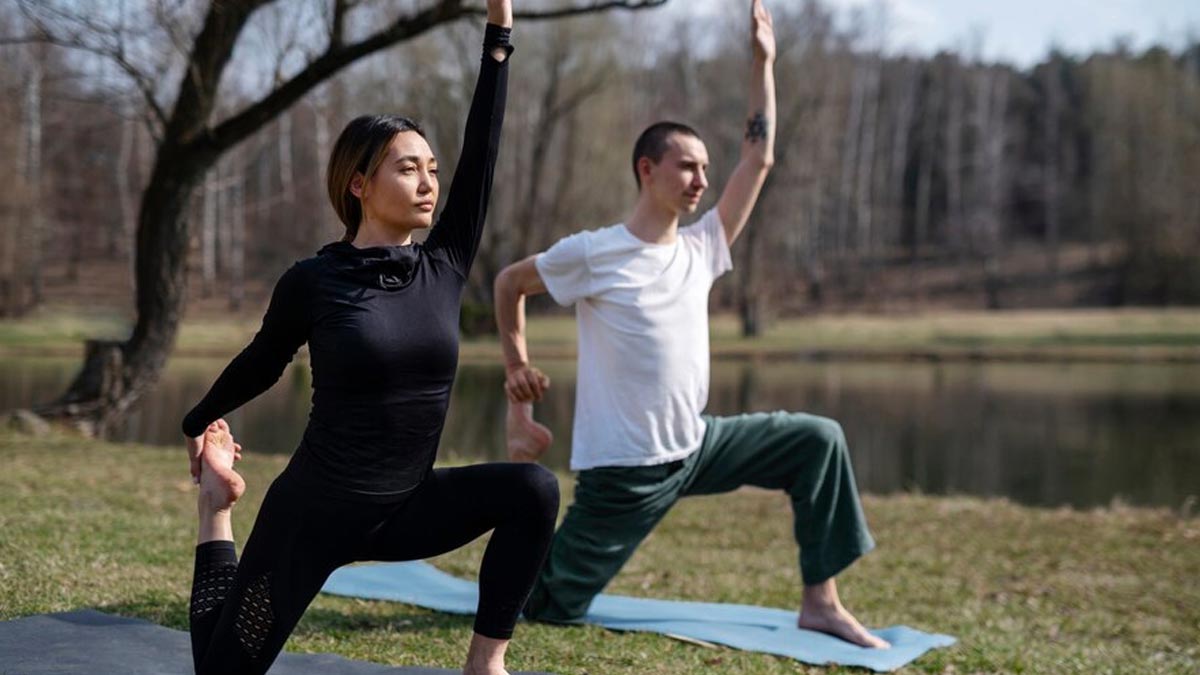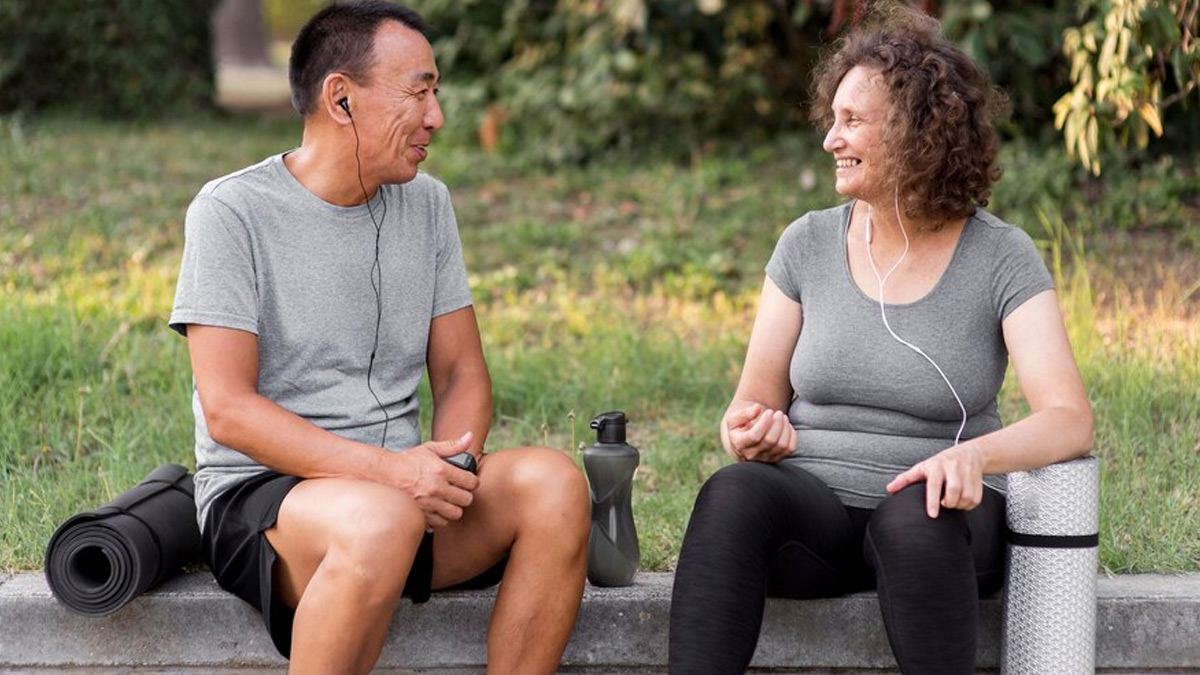
Have you ever wondered why people do not exercise even after knowing its everlasting benefits on your health? Exercise is a key component of a healthy lifestyle, providing several physical, mental, and emotional advantages. Despite the well-documented benefits, many people struggle to fit regular physical activity into their daily lives. We spoke to our expert Chitharesh Kongarampilly Natesan aka The Indian Monster- an Indian professional bodybuilder, who explained why we should exercise and why we don't.
Table of Content:-
Health Benefits of Exercise

Physical Health
“Regular exercise is essential for overall health. It aids in weight loss by burning calories, lowers the chance of chronic diseases including heart disease, diabetes, and some malignancies, and improves muscles and bones,” said Natesan. Exercise also boosts the immune system, increasing the body's ability to fight off infections.
According to the National Health Service, UK, exercise can decrease your chances of developing serious conditions like coronary heart disease, stroke, type 2 diabetes, and cancer, and can also reduce the likelihood of premature death by 30%.
Mental Health
“Exercise has a substantial impact on mental health in addition to physical benefits. Endorphins, which are natural mood boosters, are released as a result of physical exertion. It has been shown to alleviate depression and anxiety symptoms, enhance sleep quality, and increase self-esteem,” added Natesa. Regular exercise improves cognitive function and lowers the chance of cognitive decline as we age.
Also Read: Post Pregnancy Care: Causes Of Back Pain And How To Manage It

Emotional Health
Regular physical activity can promote emotional well-being and reduce stress levels. Exercise is a healthy way to manage stress and can give you a sense of success and empowerment. It also encourages social contact in groups, which can help to ease feelings of loneliness and isolation.
Increases Longevity
Natesan said, “Regular exercise leads to increased longevity and quality of life. Exercise promotes mobility and balance, lowering the incidence of falls and injuries in older people. It also contributes to independence by keeping the body strong and capable.”
Barriers to Exercise

Lack of Time
“Time constraints are often identified as a barrier to exercise. In today's fast-paced world, people juggle many duties, such as work, family, and social obligations, leaving little time for physical activity. The impression that exercise demands a considerable time commitment might be discouraging”, said Natesan.
Health Issues
Physical constraints and health issues may hinder exercising for some persons. Pain, movement difficulties, and exhaustion can all be significant obstacles. Furthermore, people with chronic diseases may be unsure about whether types of exercise are safe and good for their health.
Limited Access and Resources
Lack of safe and convenient exercise options can be a substantial barrier, particularly in underserved communities. A lack of parks, recreational facilities, and reasonably priced fitness clubs can limit options for physical activity. Financial constraints may also prohibit people from obtaining workout equipment or attending fitness sessions.
Also Read: Do You Workout Daily? Expert Explains What Happens To Your Body When You Don't Exercise
Psychological Barriers
Low self-confidence and fear of judgement can prevent individuals from exercising. Some people may be self-conscious about their looks or fitness level, making it difficult to exercise in public. Furthermore, previous negative experiences with exercise can establish a mental barrier to engaging in physical activity.
Motivational Challenges
Staying motivated to exercise frequently might be challenging. People may find it difficult to remain devoted if they do not see instant, tangible outcomes. Certain types of exercise might be unappealing or boring, which can reduce motivation. Furthermore, people may not fully appreciate the benefits of exercise, which reduces their motivation to prioritise it.
Overcoming the Barriers

To encourage more individuals to exercise, it is critical to address these hurdles. Natesan listed some of the solutions as follows:
- Encouraging flexible and time-efficient exercises
- Developing supportive environments that make exercise accessible and pleasurable for everyone
- Tailoring exercise recommendations to individual needs and skills
- Providing social support and highlighting the immediate advantages of exercise can help people become more active.
Bottomline
Natesan concluded, “Although the benefits of exercise are clear, various obstacles prevent many individuals from engaging in regular physical activity. By identifying and overcoming these barriers, we can create a more active and healthier society where everyone recognises and has access to the value of exercise.”
[Disclaimer: This article contains information provided by an expert and is for informational purposes only. Hence, we advise you to consult your own professional if you are dealing with any health issues.]
How we keep this article up to date:
We work with experts and keep a close eye on the latest in health and wellness. Whenever there is a new research or helpful information, we update our articles with accurate and useful advice.
Current Version